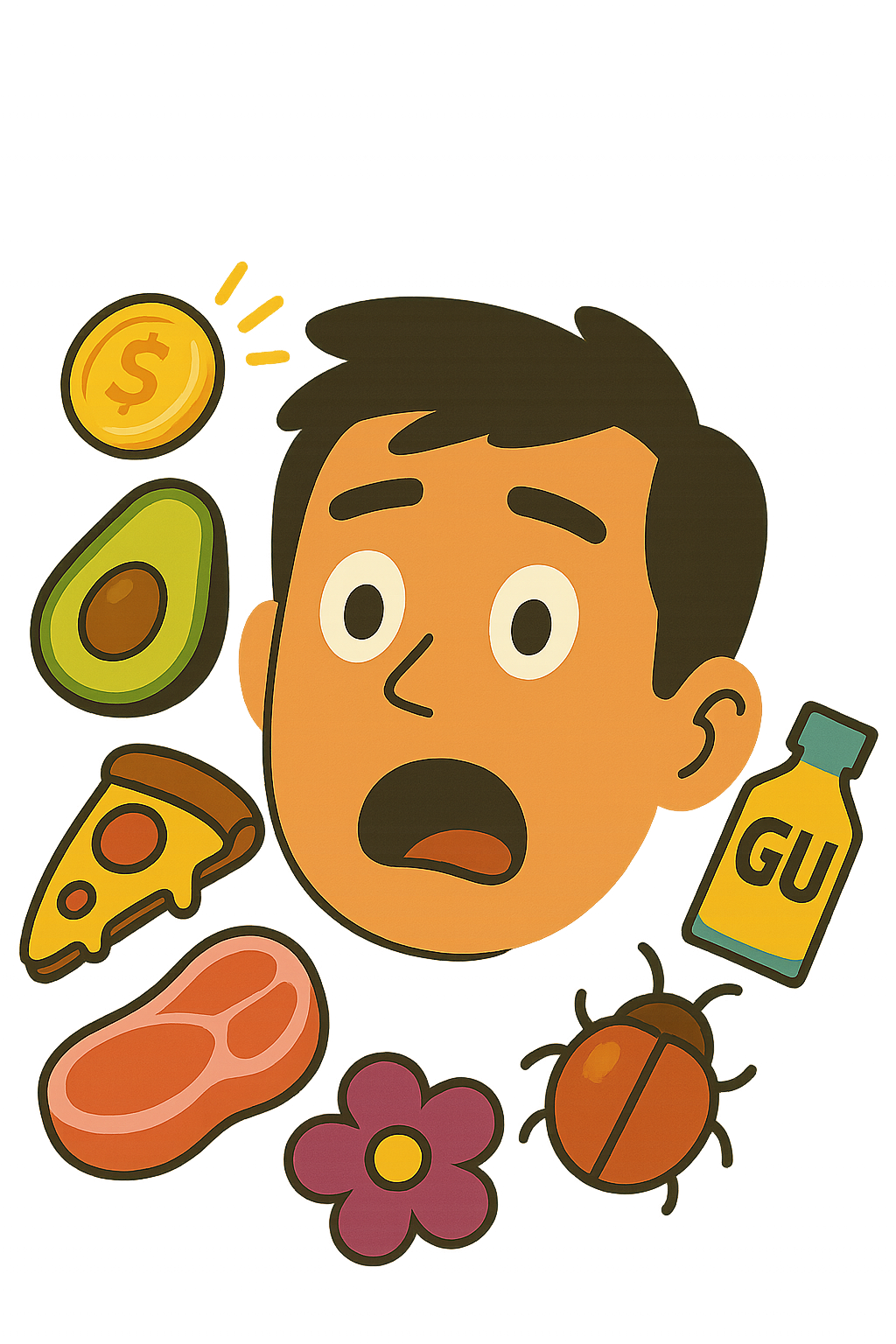Is spoiled duck safe to eat?
Quick Answer
No
Eating spoiled duck can lead to foodborne illnesses due to the presence of harmful bacteria and toxins.

What Is It?
Spoiled duck refers to duck meat that has gone bad or rotten, often due to improper storage or being kept past its use-by date.
How to Tell
- Change in color: Spoiled duck may turn green, gray or brown.
- Foul smell: Rotten duck has a strong, unpleasant odor.
- Slimy texture: Spoiled duck may develop a slimy or sticky surface.
Why It Can Be Risky
Eating spoiled duck poses several health risks, primarily due to the growth of harmful bacteria and toxins.
- Food poisoning: This can cause symptoms like nausea, vomiting, diarrhea, and abdominal pain.
- Salmonella and E. coli: These bacteria can lead to severe gastrointestinal illnesses.
- Botulism: This is a rare but potentially deadly illness caused by toxins produced by Clostridium botulinum bacteria.
Safe Method?
Always cook duck to an internal temperature of 165°F to kill any harmful bacteria. Do not consume if it shows signs of spoilage.
Can You Just Cut It Off?
If only a small part of the duck is spoiled, it’s still unsafe to eat. When in doubt, throw it out.
Safe Alternatives
If you’re unsure about the freshness of your duck, consider alternatives like chicken or turkey, which have longer shelf lives.
Storage Tips
Refrigerate duck at 40°F or below.’, ‘Use or freeze within 1-2 days of purchase.’, ‘If frozen, thaw in the refrigerator, not on the counter.
Preparation Tips
Always wash your hands and clean kitchen surfaces before and after handling raw duck to prevent cross-contamination.